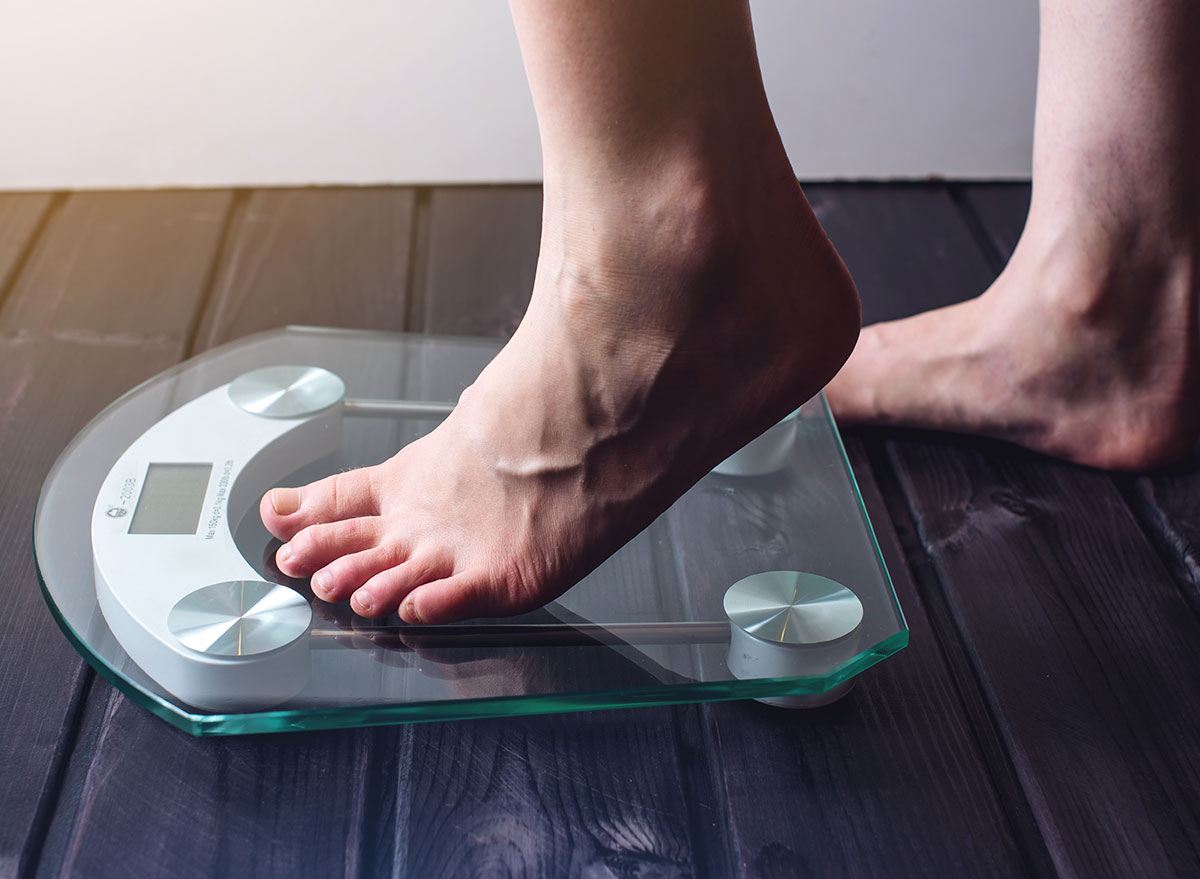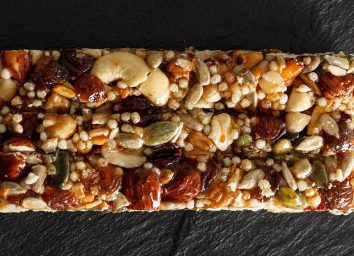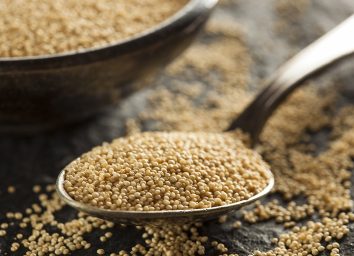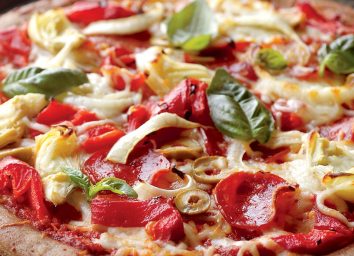The One Weight Loss Trick You Should Be Doing, But Aren't

The science is clear—gimmicks, cleanses, and fad diets don't actually work for long term weight loss. According to a study published by Medical Clinics of North America, while it's easy to lose weight quickly, being able to manage the weight loss post-diet is close to impossible, and can easily result in a plateau and steady weight gain. Yet even though study after study shows this kind of data, searches for "fast weight loss" continue to skyrocket on Google as some people continue to look for better solutions. Which is why having a simple weight loss trick (that's backed by science) can be incredibly helpful with our overall efforts to lose weight.
Rachel Paul, PhD, RD from CollegeNutritionist.com, has the perfect solution. Her simple weight loss trick is based on turning to the science behind weight gain—calories. According to numerous studies, when you take in more energy (calories) than your body type and metabolism is meant to handle, you'll end up gaining weight. So the simple weight loss trick people need to know isn't just how many calories you should eat, but making sure you find the right calorie amount for your body.
Find the right calorie amount for your metabolism without online calculators.
While there are numerous calorie calculators you can use online, Paul says to avoid them altogether.
"Honestly I find those to be inaccurate, because they don't take into account the individual person's metabolism," says Paul. "For example, calorie estimates tell me I need less than 1600 calories to just maintain my weight, but I know from personal experience that if I consistently eat 1800 calories or fewer I will lose weight."
Calorie calculators (and other generic measurers of weight) are set for what an average body type would look like. But every single body is different, and it can be difficult to determine the right calories for one person based on a generic average. There's a lot more at play, and one person's metabolism is vastly different than another—even if those two people are at the same height.
Instead, Paul recommends a system to find out the right amount of calories for your specific metabolism, without having to use any online calculator to do so.
"What I recommend instead is to track what you're eating without any restriction for at least 3 days (up to 7 if your days vary) and then subtract 100-300 calories from that average (for weight loss). This way, you will find a calorie estimate that better suits your specific metabolism and individual needs."
So what does this look like? For the next three days—or even up to a week—eat like you normally would. Count the calories each day, and after those three days or so, find the average calorie amount from those numbers. Now that you have that number, subtract 100 to 300 calories from it which can create your average calorie amount for weight loss.
Having your unique calorie amount for your metabolism puts you back in control.
Even though tracking calories can seem daunting for some, for Paul (and numerous clients in her online program Best Body) has seen massive success by following this system. It's merely a matter of figuring out which foods really work for you, and which ones aren't worth giving up calories for.
"Having an objective sense of what's going on can be very helpful because it eliminates guessing," says Paul. "What I hear most often is: 'I'm exercising and eating healthy, but I'm not losing weight'. Tracking calories puts you back in full control. It allows you to see what foods are keeping you full, and what foods maybe aren't worth your while."
However, some people are skeptical that actually tracking your calories won't lead to any effective weight loss, especially if you get into the debate of "good or bad" calories. However, Paul says to look at the system from a different perspective.
"In our society, calories, and tracking calories, can often be viewed as 'disordered,' but that's an incorrect assumption," says Paul. "Calories are just numbers; they're neutral. They're not good or bad. It's our thoughts about them that make them either helpful or harmful. We can choose to think 'counting calories is a bad thing to do', or you can choose to think about it in a more helpful way, [such as] 'I'm going to track what I'm eating for a bit to see which foods keep me full'."
With this weight loss trick of counting your personal calorie goal for your unique metabolism, take Paul's advice. Evaluate the foods that are worth your calories. If you have foods that are satisfying and leave you feeling satiated for longer periods of time, incorporate those into your daily routine. By doing more of this, you'll find yourself being able to easily stay within your new calorie range and lose the weight you've always wanted to.
For more weight loss tips, be sure to sign up for our newsletter.








